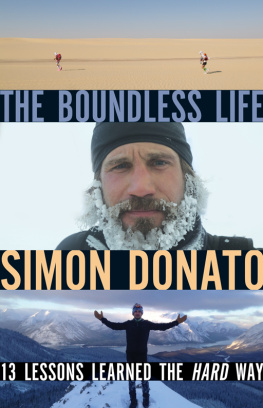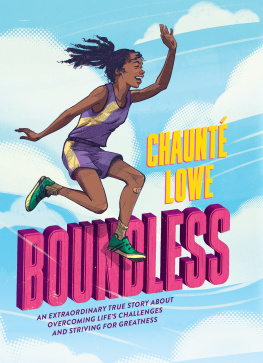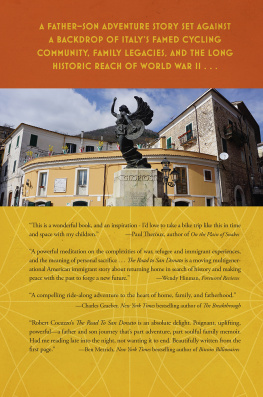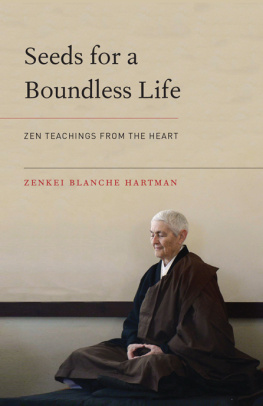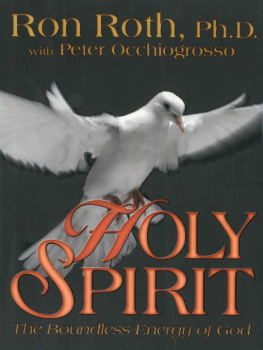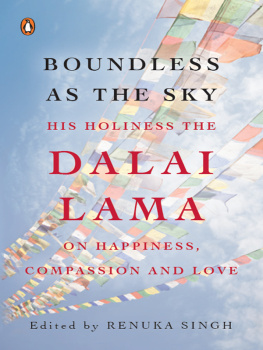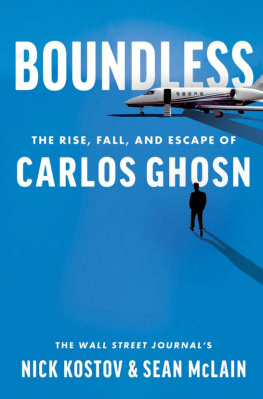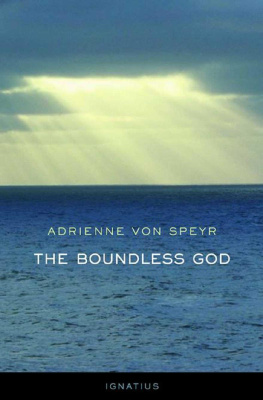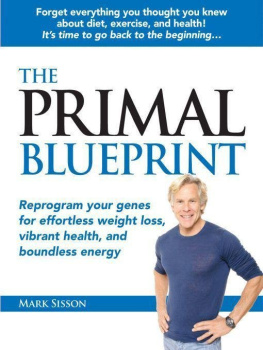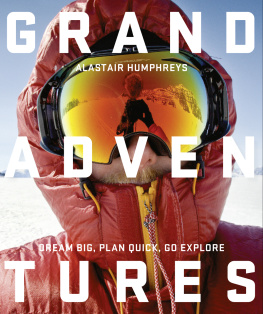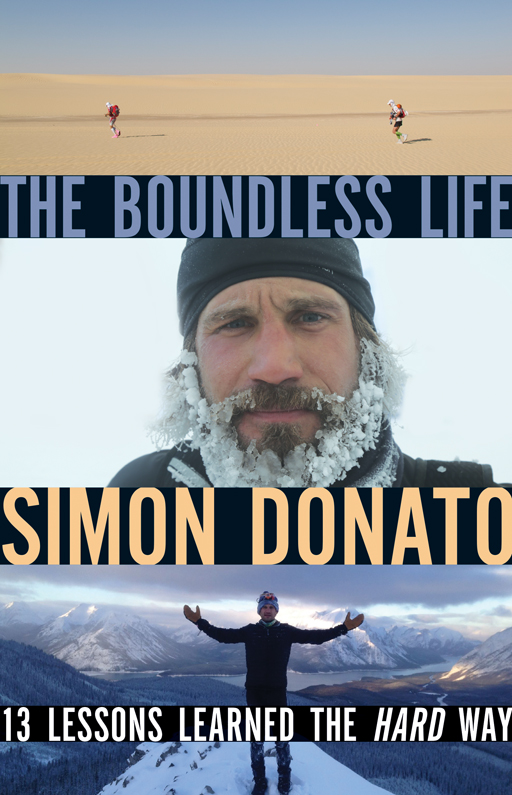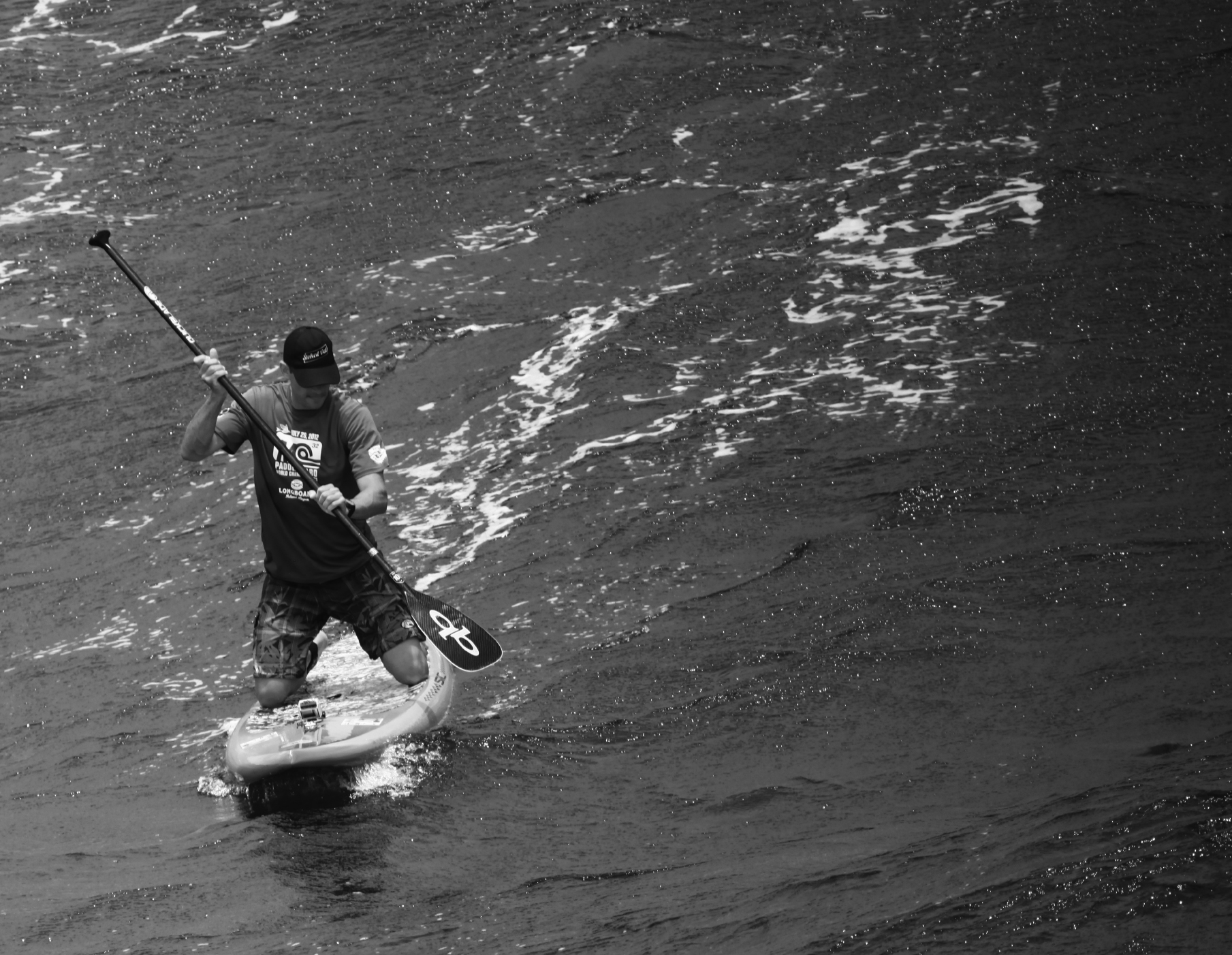To my parents.
My mother gave me the strength,
and my father, the means.
S everal years ago I had an epiphany while racing...
Slow down.
Youre going too hard, too fast, too soon.
Remember, he beat you by ten minutes just eight monthsago.
Dont attack now; hes only going to run you down later.
Fuck it.
Thirty kilometers later I had beaten one of the best trail runners on the circuit.
What this experience highlighted for me was something that Ive struggled with throughout my lifemaking the decision to commit to something 100 percent. In general, I dont think people are afraid of failure; I think theyre afraid of success. Or, more specifically, I think theyre afraid of the effort required to attain success. And by people, I mean you. And me.
When I was a teenager and trying desperately to figure out what the hell to do with my life, I went to my dad for advice. He told me that I could make a living doing anything I wanted. I could be a street performer, an athlete, a scientist, or a lawyeras long as I was the best at what I did.
People, he told me, will always pay for the best.
As you might expect, his advice made little sense to my young brain. In fact, I found it more intimidating than comforting. To be honest, I had spent my life to that point staunchly not being the best at anything. Confidence was definitely lacking. Sure, I was good at lots of things, but greatness eluded me. Ultimately, though, it wasnt that I lacked the talent. I just lacked the will. For example, I was ski racing a lot back then and had the opportunity to travel west to Canadas Rocky Mountains and attend a school that would put me on the slopes every day. Had I truly wanted to be an Olympic-level ski racer, I would have jumped at the opportunity. But at age fourteen, I was too afraid to take the risk. I wasnt the best for my age at my club; I didnt believe in my ability. Of course I didnt want to fail, but more important, I was afraid of putting in the effort required to succeed. The same was true for football, soccer, baseball, and academics: I was usually good, never great. I was occasionally rewarded with a Most Improved Player acknowledgement but was rarely an MVP.
My recollection of my late teens and twenties was that I followed the path of least resistance in most aspects of my life. I studied kenpo karate for a number of years and was good enough to get my black belt along the way. But despite my desire to emulate my on-screen heroes, I never committed enough to reach their level. Graduate school was much the same. While my peers were writing papers, researching grant applications, and attending conferences, I was planning my next race. Without much distinction, I managed to land a job with a major oil company in Calgary. Life rolled on: I showed up for work each day, put in my eight or nine hours, and, as with most things in my life, operated at a 7.5/10 level. I had many opportunities to be great, but I never seized themsomething was always holding me back.
Adventure racing (AR) was the one aspect of my life that I did chase with a fervor that was conspicuously absent from the important things that I should have been focusing on. On the invitation of a close friend, I entered my first adventure race at twenty-one years old and immediately fell in love with the sport, where coed teams of four are required to navigate their way through a rugged race course using only human-powered locomotion, maps, and compasses. The courses are usually hundreds of kilometers long, and involve long, minimally supported treks through barren landscapes, mountain biking, paddling, rope work, and more. I had heard reports that these races were brutal sufferfests, with athletes finishing without any skin left on their feet and with blisters that were bigger than toes. They sounded exotic and adventurous, and they seemed like a great way to test myself in a manner that I had never experienced. My passion fueled my drive and I soughtuncharacteristicallyto become one of the best adventure racers in the world. For the next eight years, the sport consumed most of my life.
Whereas I struggled to stay totally motivated in academia, I found no trouble turning myself inside out to push my limits on the race course or to lead expeditions. Perhaps it was the restrictions of lifeunlike the freedom of sportthat gave me a mental block and interrupted my focus, but somehow on the trails or roads I was able to will myself to overcome the challenges I faced there. Fear didnt seem to impede me. During grad school, I continued adventure racing, transitioning to shorter, sprint-distance races and moving into the top-five teams on the planet with my team, Hammer Nutrition.
When I first began adventure racing, I set a private goal, which was to race at the pinnacle of the sport by the age of twenty-five. That was the year I raced the Eco-Challengethe de facto Olympics for the sportfinishing a very respectable tenth. I had finally found something that I had a natural talent and a deep passion for. The effort required to be great didnt seem as daunting when the positive results were pouring in. Long hikes, epic rides, and midnight paddles became normal parts of my training regime. The experiences shaped how I viewed myself and the world. The lessons I learned through AR began to seriously influence the decisions I made in the rest of my life. Of course, all of this happened under my nose. I was committed to AR and the lifestyle because I enjoyed it. It wasnt work for me; it was an escape. While other areas of my life felt like work and tended to bore me, adventure, exploration, fitness, and discovery were passions that were only stoked through doing, and the more I did, the more I wanted to do. A funny thing happened during this time: I started to excel in the areas where I had tons of passion.
Yet as I wrapped up my academic career, I began to lose interest in adventure racing, which had steered my life in so many ways since I first started in 1998, and I decided to leave the sport. It was time to move on and I was ready for my next challenge. I also stepped down from the Canadian Adventure Racing Association, which I had founded and run for several years. My interests shifted to running and cycling, as much for their simplicity as for the enjoyment I got from training and competing with my friends. Perhaps it was the training routine. Im not sure why, but for whatever reason, I began to immerse myself deeply in running and started seeing success there, with podium finishes and steady improvements in my personal-best times.
I moved to Calgary after finishing my PhD to work for Imperial Oil as a petroleum geologist. The job with the oil company would allow me to apply my education and pay me handsomely for doing soplus Id get to live in Calgary and near the Rocky Mountains. The decision to move west wasnt without debate, though, as I had an offer from Toronto Fire Services to work as a firefighter at the same time. I had to choose between a job in my field of study that paid very well but had little job security and a job that would come with some physical risks and lower pay but much more job security.
Around the time I was making this career decision, another life-changing moment happened. The famous aviator Steve Fossett went missing while on a pleasure flight in southwestern Nevada. After the failed initial search wound down, I began to wonder if a team of athletes searching high-probability remote areas on foot would have a better chance of finding him. I rolled this idea around in my mind for several months. With the money I was earning from my steady job, I realized that I could organize my own expedition to search for Fossett and his missing plane. This was the project that kick-started Adventure Science (adventurescience.com), a volunteer organization I started in 2008 that has played a huge role in my life and in setting my current path.

